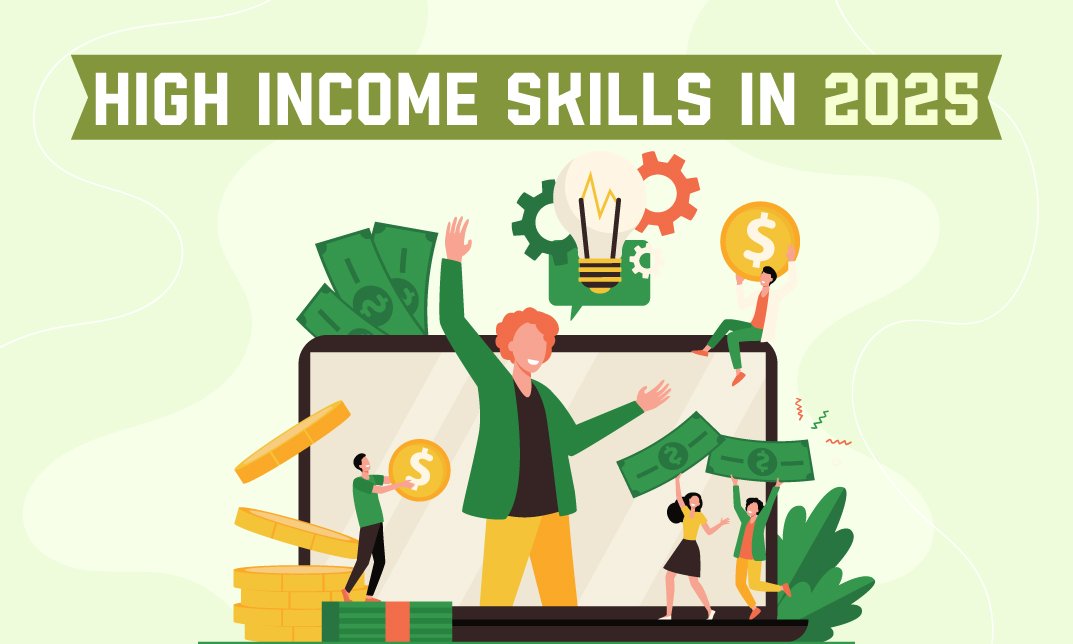No products in the cart.
Let’s define development in health and social care. Development is about how people grow, change, and learn as they move through life. It includes changes in the body, mind, and feelings. These changes shape how a person lives, learns, and interacts with others every day.
In health and social care, workers help people at every stage of life. They support children as they grow, guide adults to stay healthy, and care for older people with respect and love. Each stage needs a different kind of help and understanding.
So, when we talk about development, it’s more than just growing up. It’s about learning, thinking clearly, and feeling happy and confident. When care workers understand this, they can offer better care and make a real difference in people’s lives.

Define Development in Health and Social Care
Development is the process of change that happens as people grow from birth to old age. It includes how our body grows, how our mind learns, how our feelings change, and how we build relationships with others. Each person develops at their own pace, and that’s completely normal.
In simple words, development means getting better in different parts of life. It helps us become stronger, smarter, kinder, and more confident. For example, babies learn to walk and talk, children learn to read and make friends, and adults learn to work and care for others.
In health and social care, workers understand these changes very well. They help people at every stage of life — from young children to older adults. They give the right care, advice, and support to help each person grow and stay healthy. As people’s needs change, care services also change to match those needs. This makes sure everyone can live a safe, happy, and meaningful life.
If you want to learn more about how development works in health and social care, visit What is development in health and social care from Wise Campus. Our blog explains this topic in simple words and helps you understand how care professionals support people through every stage of life.
Types of Development: Physical, Intellectual, Emotional, and Social
Development means how a person grows and changes in different ways. Everyone grows at their own speed and that’s okay. Let’s talk about the four main types of development in simple words.
- Physical Development: Physical growth means how your body changes as you get older. Your muscles get stronger, and you learn to move better. You also notice changes in your height, weight, and senses like seeing, hearing, and touching. Learning to walk, run, or write are good example of physical growth.
- Intellectual Development: Intellectual growth is about how your brain learns and thinks. You start to remember things, solve problems, and understand new ideas. When you read a book or learn something new in class, your brain is growing.
- Emotional Development: Emotional growth helps you understand your feelings and express them in a good way. It also helps you feel good about yourself and stay calm when things go wrong. Everyone feels sad or angry sometimes, and emotional growth helps you handle those feelings better.
- Social Development: Social growth is about getting along with others. You learn to talk, share, and make friends. You also learn to work in groups and take part in your community. Being kind, helpful, and friendly are signs of good social growth.
All these types of development work together. When you grow in one area, it often helps you grow in the others, too.
Why Development Matters in Health and Social Care Settings
Understanding development is very important in health and social care. It helps care workers know how people grow and change over time. It also helps them understand what kind of support each person needs at different ages. Everyone is unique, so knowing how someone develops makes it easier to give the right care.
When care workers understand development, they can:
- Plan the right care: This means choosing the best activities and support for each person.
- Spot problems early: Noticing when someone is struggling allows quick and helpful support.
- Promote well-being: Helping people feel happy, confident, and independent every day.
For example, a young child may need help with learning and play, while an older person may need support with walking or remembering things. Overall, understanding development helps care workers give better care and make people’s lives happier, safer, and more comfortable.
How Health and Social Care Professionals Support Development
Health and social care professionals help people grow and live better lives. They give support in many kind and caring ways. Every person is different, so the help must match their needs and goals. Let’s see how they do it.
- Creating personal care plans: Each person has their own care plan. It shows what kind of help they need and what goals they want to reach. This helps care workers give the right support every day.
- Offering learning opportunities: Learning is important for everyone. Professionals help people learn new skills and try new things. It could be learning to cook, read or use a computer.
- Adapting the environment: A safe and easy space helps people feel comfortable and confident. Care workers may move things around to make it easier for people to walk, work, or play.
- Promoting independence: Support also means helping people do more on their own. Simple things like dressing, eating, or travelling alone can make people feel proud and happy.
- Working with other professionals: Doctors, nurses, teachers, and social workers often work together. They share ideas and make sure the person gets the best care.
- Measuring progress: Care workers check how much a person has improved. They celebrate success and make changes if needed.
At the end of the day, care professionals support people with kindness and patience so everyone can grow, learn, and live with confidence.
Key Factors That Influence Human Growth and Development
Many things shape how people grow and change over time. Everyone is different, and our growth depends on more than just age. It’s a mix of our body, mind and the world around us. Let’s look at some key factors that influence human growth and development.
- Genetics: Our genes come from our parents. They decide things like height, hair colour, and even how fast we grow. Genetics can also affect how our body works and how we respond to illness.
- Environment: Where we live and grow is very important. A clean, safe and loving home helps us feel happy and secure. But if the place is unsafe or stressful, it can make it harder for us to grow and feel good.
- Nutrition: Eating healthy food gives our body the energy and nutrients it needs to grow. Poor nutrition can lead to tiredness, weak bones, or slow learning. Good food keeps both body and mind strong.
- Life Experiences: The things we go through in life shape who we are. Happy moments, challenges, and lessons all help us grow stronger and wiser. Every experience teaches something new.
- Social Factors: Family, friends, and community all play a big part in our growth. Supportive people make us feel loved and confident. Being around kind people helps us build trust and good habits.
- Health Conditions: Some people have health conditions that affect how they grow or learn. With the right care, medicine, and support, they can still live healthy and happy lives.
All these factors work together to shape a person’s development. With the right care, love, and support, everyone has the chance to reach their full potential.
Examples of Promoting Development in Care Environments
Early Years Nursery – Building Social and Emotional Skills
In a nursery, children learn how to share, take turns, and play with others. For example, a worker might help a shy child join a group game. They could say, “Come and play with us!” This helps the child feel happy and part of the group. Slowly, the child learns to make friends and talk about feelings.
Adult Supported Living – Learning Daily-Living Skills
In supported living, adults get help to do things on their own. For example, a carer might teach someone how to cook a simple meal. At first, they do it together. Later, the person tries it alone. This helps them feel proud and independent. Every small success makes them believe in themselves more.
Hospital Rehabilitation – Focusing on Physical and Emotional Recovery
In a hospital, people learn to get stronger after illness or injury. For example, a physiotherapist helps someone regain the ability to walk. They give support and cheer them on. Nurses and counsellors also help them feel hopeful and calm. Step by step, they heal both body and mind.
In every care setting, promoting development means helping people grow with love, patience, and support.
Final Thoughts: Understanding Development for Better Care
Development in health and social care means helping people live happy and healthy lives. It is about growing in body, mind, and emotions. It also means learning new skills and feeling confident each day. When care workers understand development, they can give the right help to every person.
If you want to learn how to support others, join the Health and Social Care Course from Wise Campus. This course will teach you simple and useful skills to care for people with kindness and respect. It is a great way to start a career where you can make a real difference.
FAQs: Development in Health and Social Care
1. What is development in health and social care?
- In health and social care, development means helping people grow, learn, and live healthy, happy lives.
2. What is the definition of development in health?
- Health development means learning how to stay strong, healthy, and free from illness throughout life.
3. What is the best definition of social development?
- Social development means learning how to get along with others, make friends, and understand feelings.
4. What are the 4 areas of development in health and social care?
- The four areas of development are physical, intellectual, emotional, and social growth.
5. What is the definition of growth and development?
- Growth means getting bigger in size. Development means learning new skills and abilities as you grow.






